




Important recommendations related to the sun, chlorine, and the use of contact lenses in summer
Summer invites you to enjoy the longer days, good weather and outdoor activities. However, the relaxation typical of the summer season means that, on some occasions, we neglect our visual health on vacation. In addition to the risk inherent to high exposure to the sun, there is also the risk associated with activities typical of the summer months, such as swimming in swimming pools. All of this makes It is necessary to know what preventive measures can be taken and what care is necessary. to safeguard visual health while still enjoying the summer.
Here are a few recommendations from expert opticians:
1. Protect your eyes from the sun
One has to Make sure your sunglasses block 100% of UVA and UVB rayssince prolonged exposure to UV radiation can contribute to the development of eye problems.
2. Resort to eye hydration
It is convenient Drink plenty of water, especially on hot days, to keep your eyes well hydrated.It is also advisable to blink regularly to maintain a good tear film. And to relieve dry eyes, you can use lubricating drops, if your trusted optician recommends it.
3. Take periodic visual breaks
It is advisable to take visual breaks, especially after prolonged exposure to the sun. 20-20-20 rule can help reduce eye strain and prevent eye strain. To do this you have to look from 20 feet away (approximately six meters), every 20 minutes and for approximately 20 seconds.
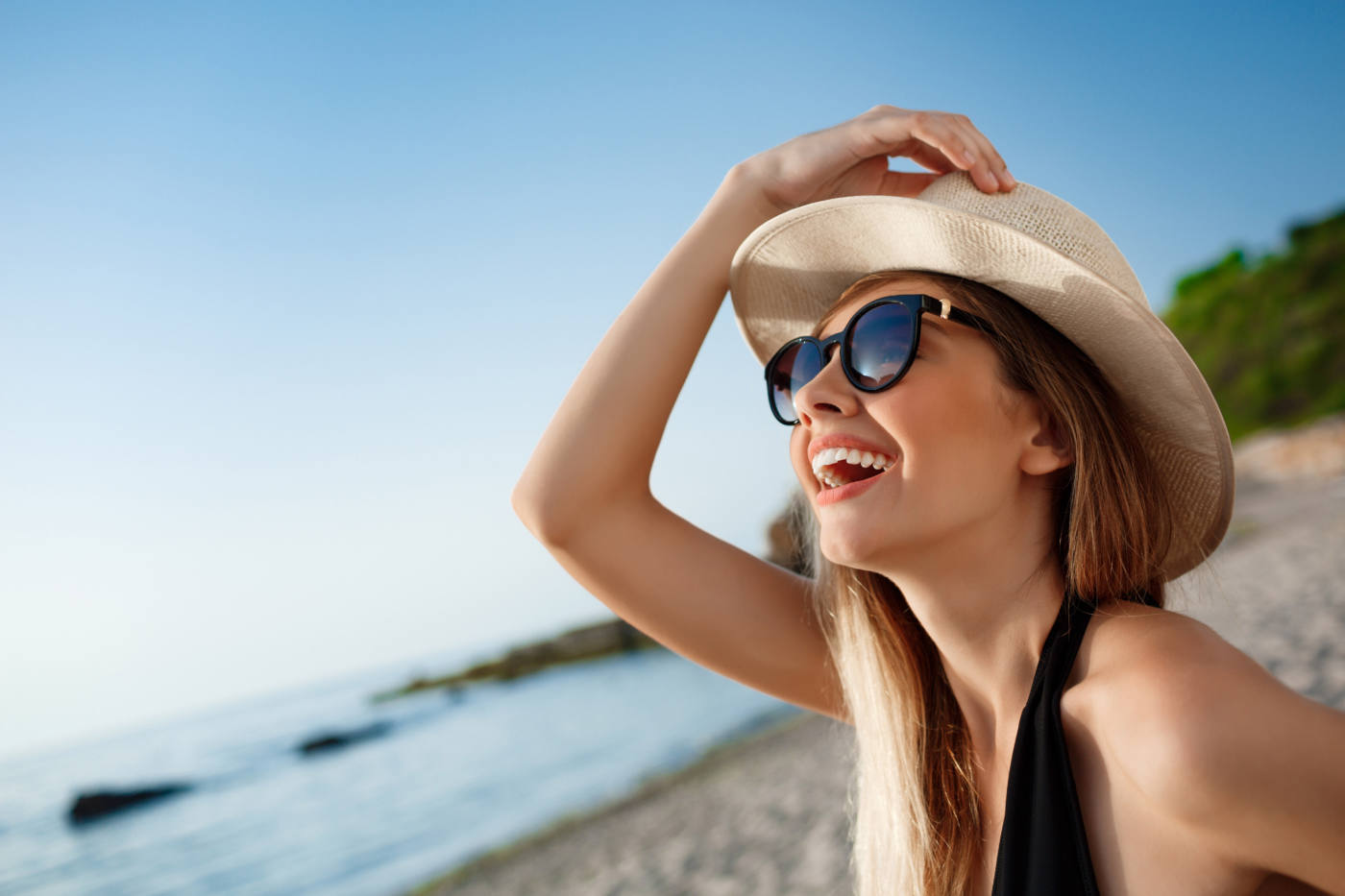
4. Maintain a healthy diet
Must be included in the diet foods rich in vitamins A, C and E, as well as omega-3 fatty acidsThese nutrients are essential for maintaining eye health and can be found in foods such as carrots, spinach, fish and citrus fruits.
5. Use swimming goggles
When swimming, Wear well-fitting swimming goggles to protect your eyes from chlorine and other substances. present in the water that can cause irritation.
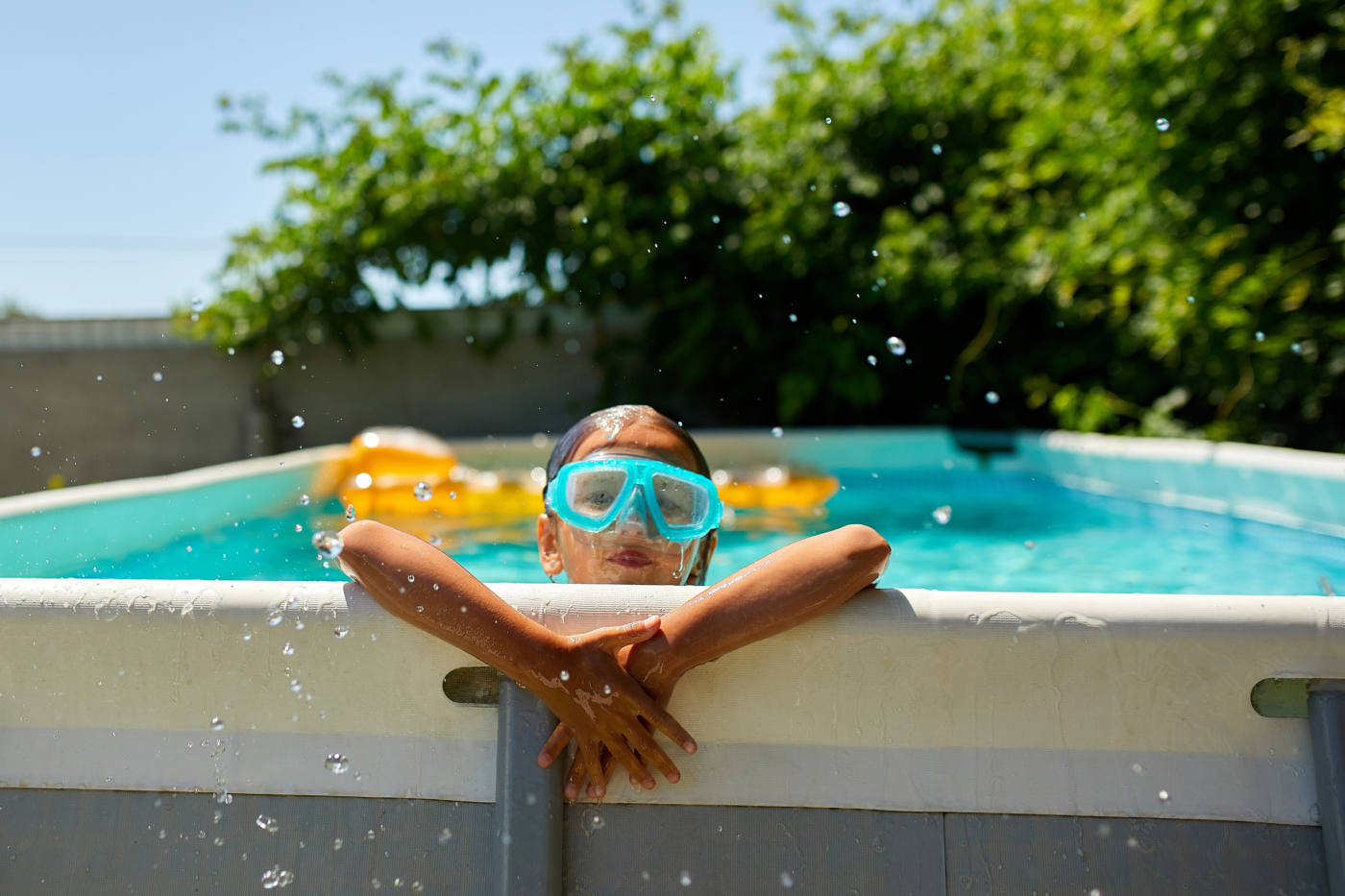
How to protect your eyes from the sun
The intensity of solar radiation, characteristic of this time of year, increases exposure to harmful ultraviolet rays. Considering that Sun rays can cause eye damage In the short and long term, here are some recommendations for this time of year, when we spend a lot of time outdoors:
– Use quality sunglasses: It is advisable to opt for polarized lenses to reduce glare and improve vision in bright light conditions, such as on the beach.
– Limit sun exposure: Avoid direct exposure to the sun during peak ultraviolet radiation hours, between 10 a.m. and 4 p.m.
– Use hats: In addition to sunglasses, it is advisable to wear wide-brimmed hats for additional protection.
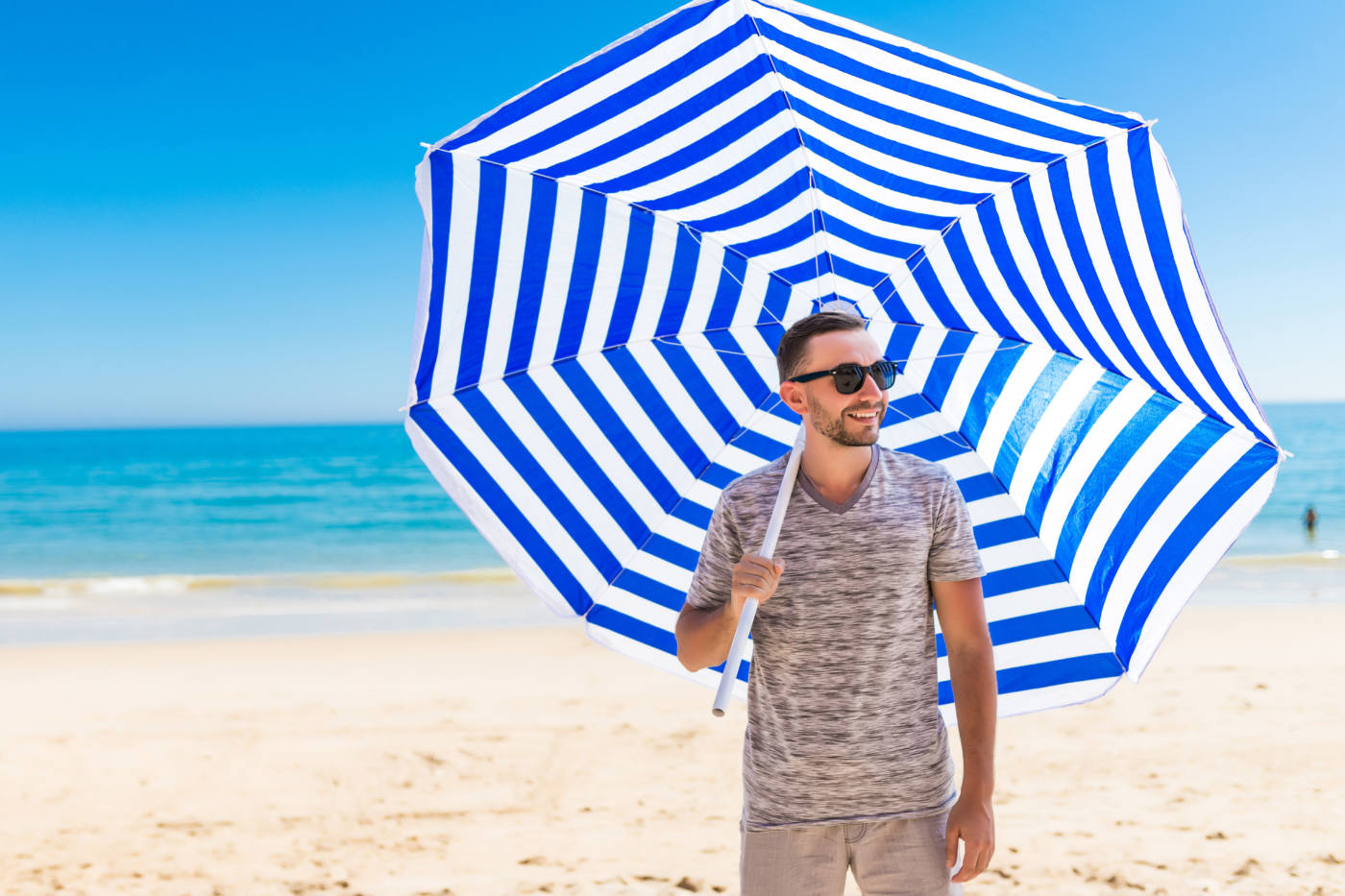
How to protect your eyes from chlorine
Chlorine is a disinfectant used in swimming pools that can become a inconvenient for eye health if proper precautions are not taken. There are several ways to protect your eyes from chlorine without having to give up that refreshing swim in a pool that allows you to better withstand the summer heat, among them those recommended by opticians are:
Use swimming goggles
Before diving into the pool, a person should make sure they are wearing quality swimming goggles and adjusting them. This will allow you to see clearly underwater and will also act as a Effective barrier to protect eyes from chlorine and other chemicals present in pool water.
Rinse your eyes after swimming
After leaving the pool, it is advisable rinse your eyes with clean waterThis helps remove any chlorine residue that may be left on the surface of the eyes and helps prevent irritation.
Use eye lubricants
If you experience dryness or irritation after swimming, you may want to consider use of lubricating drops or artificial tearsThese products help relieve dry eyes caused by chlorine, but before using them you should consult your trusted optician regarding their suitability.
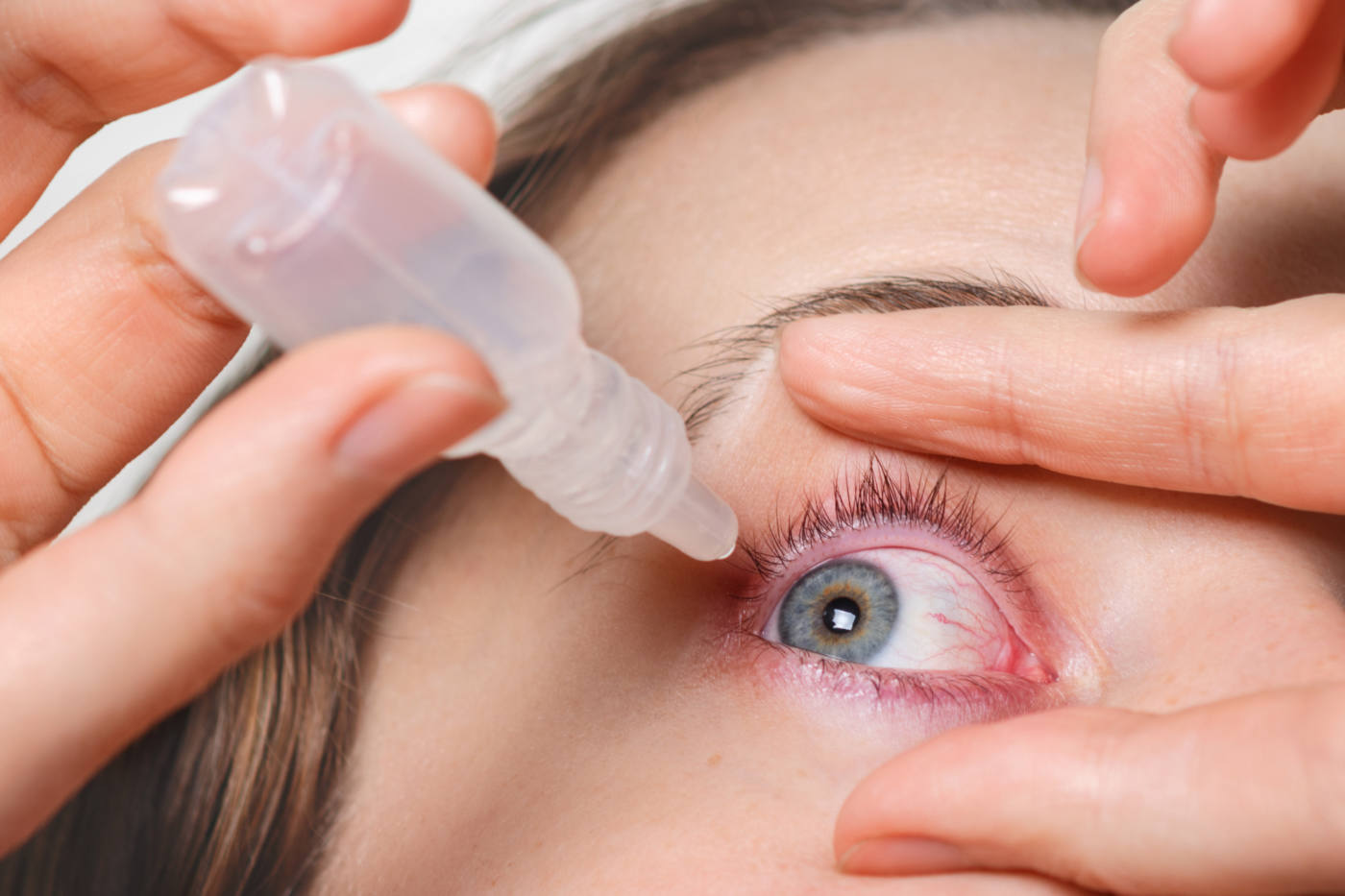
avoid rubbing your eyes
Even though you may be tempted to scratch the itch, you should avoid rubbing your eyes while in the pool or right after to go out. Chlorine and other chemicals can irritate your eyes, and rubbing them could make the situation worse.
Wear sunglasses with side protection
When a person spends time near the pool, but is not swimming, the use of sunglasses with side shields can be of great helpas it will prevent splashes of chlorinated water from entering directly into the eyes.
Tips on how to use contact lenses in summer
The use of contact lenses in the summer season requires additional precautions, which will allow the person to gain comfort and, in addition, will contribute to maintaining ocular health. These are some of the tips that expert opticians offer to being able to enjoy the summer with contact lenses and without setbacks:
Constant hydration
It is convenient Keep your contact lenses and eyes well hydrated on the hottest days. If the optician deems it appropriate, he or she may recommend using lubricating drops to relieve the sensation of dryness.
Avoid water with contact lenses
One has to avoid contact of contact lenses with water, whether in swimming pools, jacuzzis, lakes, rivers or the sea. This is because water may contain microorganisms that increase the risk of eye infections.
Additional sun protection
Wear UV-protective sunglasses when outdoors, even if you are already wearing contact lenses with UV protection. This will provide an additional layer of protection against solar radiation.
Respect use and replacement schedules
Strictly follow the recommendations of our optician regarding Daily wearing time and replacement of contact lenses. Daily disposable contact lenses are considered a great option for summer.
Rigorous cleaning
Clean and disinfect contact lenses according to the instructions provided by your trusted optician. Proper cleaning is essential to prevent infections..
Contact lenses specific for water sports
exist Contact lenses designed specifically for water sportsThese contact lenses are designed to minimize the risk of loss, while providing clear, sharp vision in water environments.
Proper storage
If you use contact lenses in summer, you must use clean and disinfected cases to store contact lenses when not in useIn addition, the storage fluid must be changed regularly.
Windbreak
In windy environments, such as the beach, it is best to wear sunglasses or contact lenses that offer windbreakin order to avoid irritation.
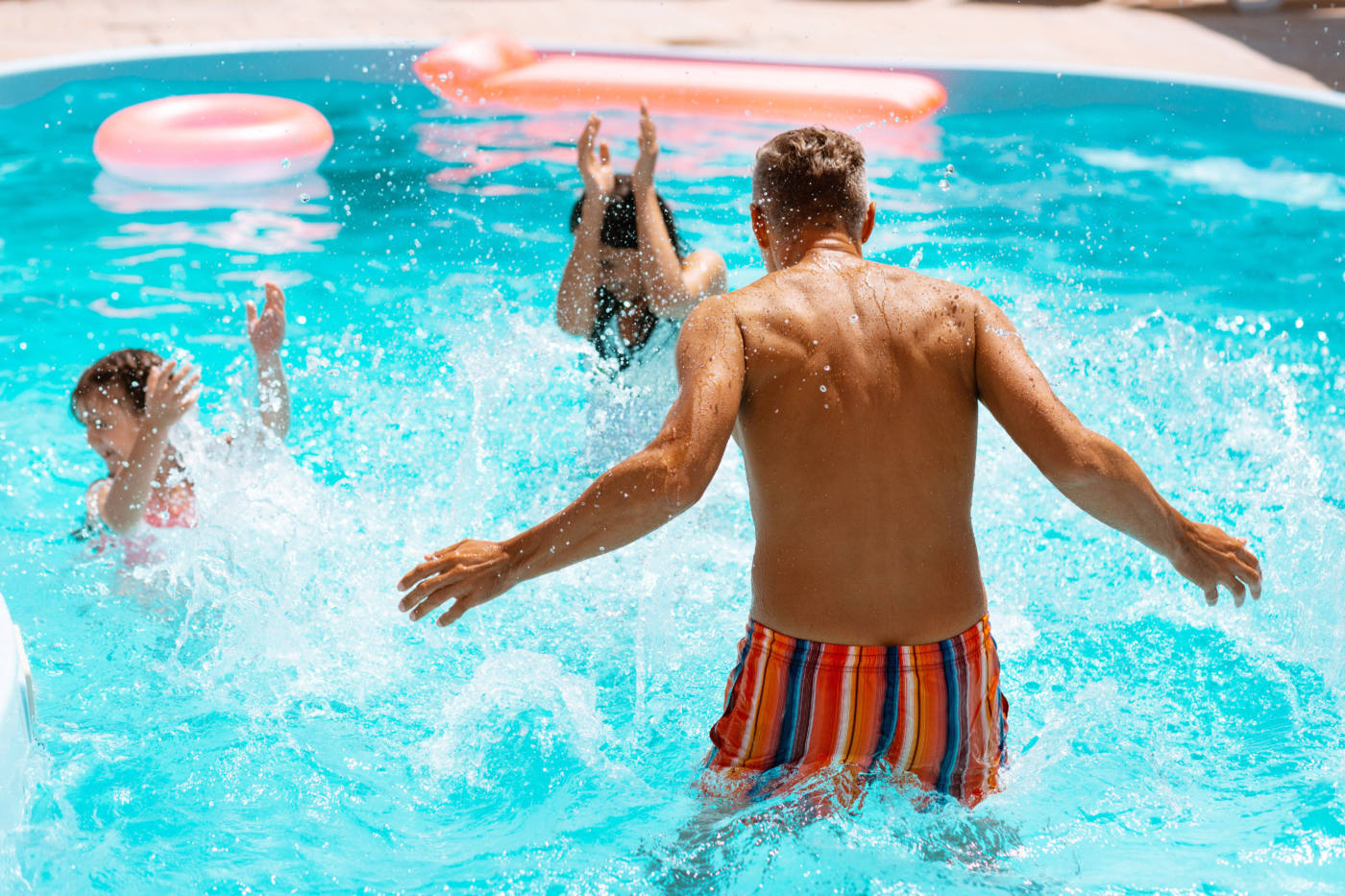
Clarifications from Elena Barberán, optician-optometrist in charge of Visual Health Services at General Optica
This experienced expert advises following the above simple recommendations to be able to fully enjoy all summer activities without compromising visual health. In any case, if you experience persistent irritation, redness or discomfort in your eyes after swimming, sunbathing or doing an outdoor activity, it is advisable to seek the attention of a trusted optician. Likewise, it is worth remembering that in summer you must continue with the program of regular visits to the optical professional, in order to ensure that the glasses and contact lenses used continue to be the most suitable for the patient’s eyes and lifestyle.
For more information:
https://www.generaloptica.es/es/
